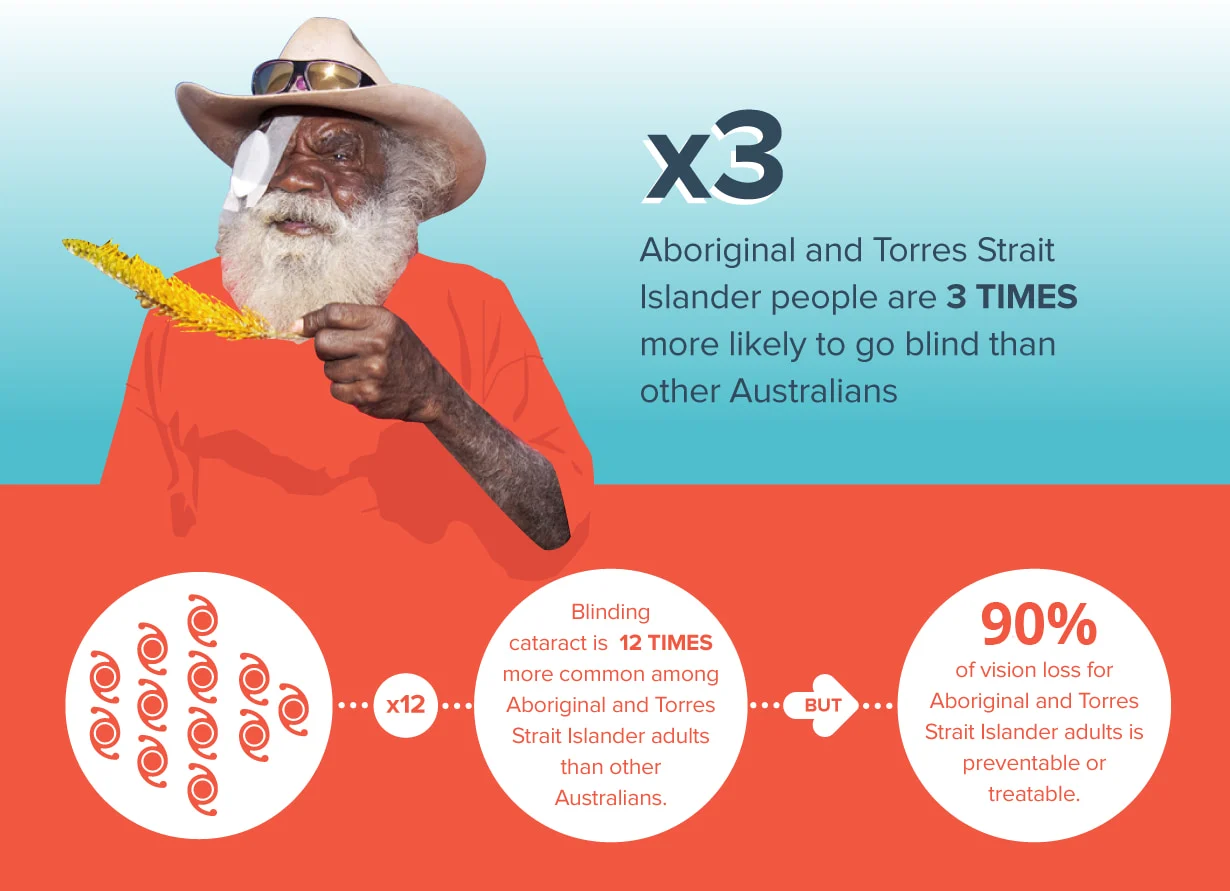The importance of an Acknowledgement of Country at your workplace

In recent years, the practice of acknowledging the traditional custodians of the land, known as an Acknowledgement of Country, has become commonly conducted in various settings, including workplaces.
An Acknowledgement of Country holds immense importance as it recognises the ongoing connection of Aboriginal and Torres Strait Islander Peoples to their lands, promotes reconciliation, and demonstrates respect.
Keep reading to learn more about why an Acknowledgement of Country is important in the workplace and how it can contribute to a more harmonious and culturally aware environment.
In a hurry?
Click on the link below to go directly to what you’re most interested in:
What is an Acknowledgement of Country?
Australia is home to the oldest living cultures on Earth, with Aboriginal and Torres Strait Islander Peoples having inhabited the continent for over 65,000 years. An Acknowledgement of Country is a gesture of respect that acknowledges and honors this ancient and enduring connection to the land, recognisng the custodianship of Indigenous peoples.
By acknowledging the traditional owners and custodians of the land upon which a workplace is situated, we demonstrate an appreciation for the rich heritage and cultural significance that underpins the Country we live and work in.
An Acknowledgement of Country is commonly offered at the commencement of a meeting, speech, or other formal gatherings. Unlike a Welcome to Country, it can be delivered by a respected individual who is non-Indigenous or by an Aboriginal and Torres Strait Islander person without ancestral connections to the specific location of the workplace.
How is an Acknowledgement of Country given?
The delivery of an Acknowledgement of Country may vary depending on the context and the person offering it. It often involves expressing gratitude and respect towards Aboriginal and Torres Strait Islander Peoples, their ancestors, and their ongoing connection to the land. This acknowledgment can be accompanied by a brief statement of awareness and appreciation for the cultural and spiritual significance of the land to Aboriginal and Torres Strait Islander communities.
The Fred Hollows Foundation suggests the following wording:
I would like to acknowledge the traditional custodians of the land on which we meet, the [UPDATE] People of the [UPDATE] Nation, where we work and where we live and recognize their continuing connection to land, water and community.
I pay respect to elders past and present.
When acknowledging Country online, you can include a statement or message expressing your recognition and respect for the traditional custodians of the land on which the virtual meeting is taking place. This can be done through a written message or by having a designated speaker verbally acknowledge the Country at the start of the online meeting.

Why is an acknowledgement of country important?
Reconciliation is a fundamental process in addressing the historical injustices faced by Aboriginal and Torres Strait Islander Peoples.
An Acknowledgement of Country serves as a symbolic step toward fostering reconciliation and healing. By openly acknowledging the traditional custodians, a workplace can signal its commitment to acknowledging the past, raising awareness about the ongoing impacts of colonisation, and working towards a more equitable and inclusive future.
Reconciliation encourages employees to actively seek out and take advantage of opportunities to support Aboriginal and Torres Strait Islander peoples. An Acknowledgement of Country can ensure that the entire workplace is more aware of the importance of reconciliation.
A workplace that actively acknowledges the traditional custodians of the land cultivates an environment of inclusivity, diversity, and respect.
It sends a clear message to Aboriginal and Torres Strait Islander employees, clients, and visitors that their cultures, histories, and contributions are valued and respected. Such acknowledgment helps to counteract the erasure of Aboriginal and Torres Strait Islander voices and experiences, encouraging a more inclusive workplace culture where everyone feels seen, heard, and respected.
An Acknowledgement of Country provides an opportunity for non-Indigenous Australians to learn about and engage with the rich and complex cultures of Aboriginal and Torres Strait Islander Peoples.
An Acknowledgement of Country is not only a meaningful gesture; it is also a reflection of an organisation's commitment to social responsibility and ethical practices. This fosters a positive reputation among employees, and the broader community.
Frequently asked questions
The Welcome to Country and Acknowledgement of Country are both observed in Australia to recognise and respect the traditional custodians of the land. However, they serve different purposes.
A Welcome to Country is performed by an Aboriginal or Torres Strait Islander Elder, Traditional Owner, or representative of the local Aboriginal or Torres Strait Islander community. It is a formal ceremony that grants permission for visitors to enter and conduct activities on the land.
An Acknowledgement of Country is a statement of recognition that can be delivered by a non-Indigenous person or an Aboriginal and Torres Strait Islander person who may or may not have ancestral ties to the specific land.
Custodianship refers to the role and responsibility of Aboriginal and Torres Strait Islander Peoples as the traditional caretakers of the land, waters, and natural resources. It encompasses their deep connection and spiritual relationship with the country they have inhabited for thousands of years.
Aboriginal and Torres Strait Islander custodians have inherited their custodial responsibilities through generations, guided by oral traditions, cultural practices, and lore. They possess intimate knowledge of the land, its natural resources, and the ecological systems within it.
When Indigenous Australians refer to Country, they are referring to more than just a geographic location or a piece of land. Country is seen as a living entity with its own spirit and is intricately linked to Aboriginal and Torres Strait Islander Peoples well-being and cultural practices.
You can write an Acknowledgement of Country on your workplace’s website and include it at the bottom of your emails. In doing so, it becomes more than a ceremonial gesture tied to a specific location or event. It transforms into a constant reminder that signifies the ongoing acknowledgment of Aboriginal and Torres Strait Islander Peoples.
When giving an Acknowledgement of Country, there is no specific wording that must be followed. Instead, the key is to approach it with sincerity, respect, and a willingness to learn. While there are no specific guidelines, conducting research on the Country you are acknowledging can help.